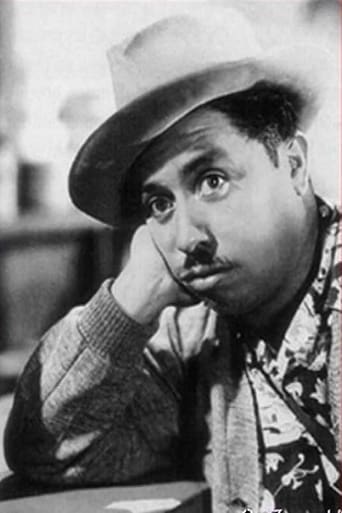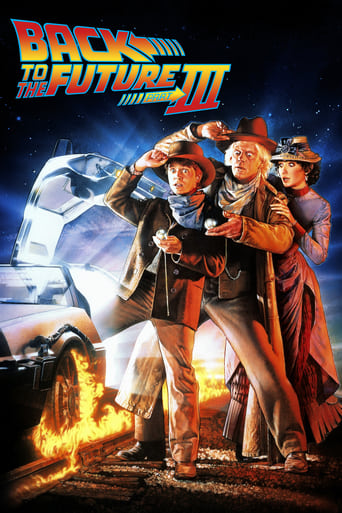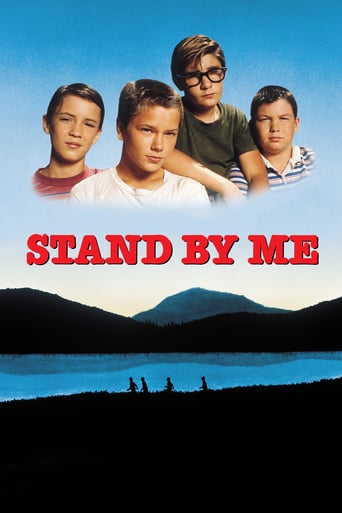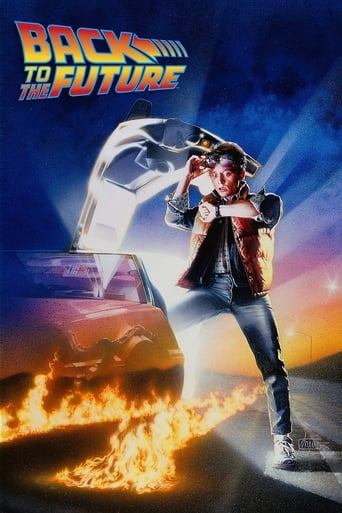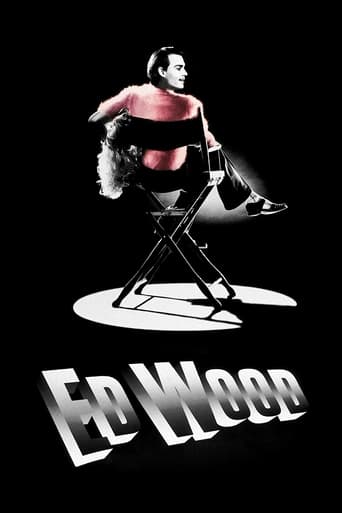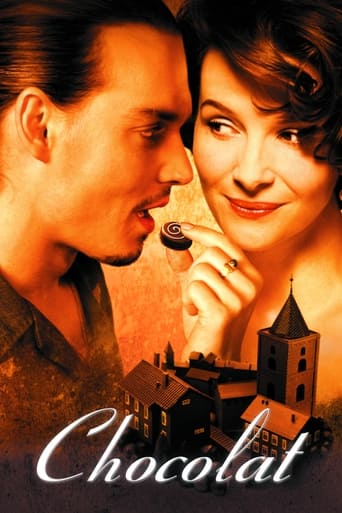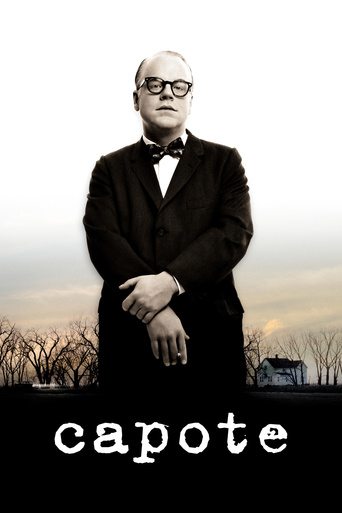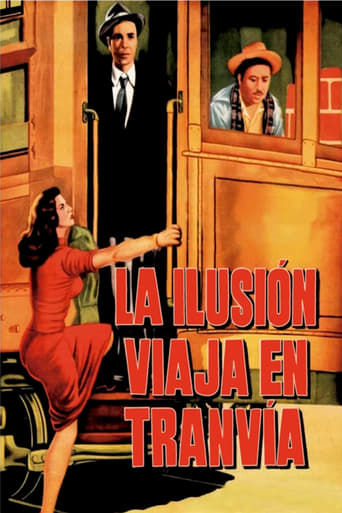
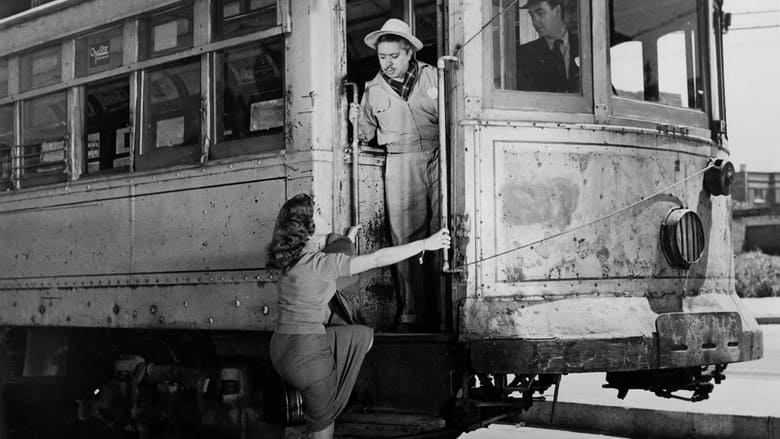
Illusion Travels by Streetcar (1954)
Confronted with the unfortunate news that their favorite Streetcar, no. 133, is going to be decommissioned, two Municipal Transit workers get drunk and decide to "take 'er for one last spin," as it were. Unfortunately, the "one last spin" ends up being an all-night and all-day scramble to stay out of trouble, as they are confronted with situation after sometimes bizarre situation that prevents them from returning the "borrowed" Streetcar!
Watch Trailer
Cast


Similar titles
Reviews
Good start, but then it gets ruined
Am i the only one who thinks........Average?
Easily the biggest piece of Right wing non sense propaganda I ever saw.
Each character in this movie — down to the smallest one — is an individual rather than a type, prone to spontaneous changes of mood and sometimes amusing outbursts of pettiness or ill humor.
Another of Bunuel's Mexican films wherein he tells the picaresque tale of two bumbling streetcar workers who, after swiftly repairing a streetcar that had been deemed obsolete (and a few beers), decide to steal it for one last spin. Their adventures take them across Mexico City and in contact with a solid cross-section of the public, including slaughterhouse workers who gleefully (and surreally) hang huge slabs of meat (and heads) from the roof of the tram. Perhaps there is a metaphor or a moral here – certainly Bunuel takes the opportunity to poke fun at corporate capitalism – but any message takes a back seat (ahem) to the overall good time on offer. I particularly enjoyed the staging of Lucifer's banishment from Heaven and Adam and Eve's departure from Eden at the local festival, not unlike the amateur theatrical performances in Renoir's The Rules of the Game in their wacky but creepy surrealism.
Two streetcar conductors whose streetcar is set to be dismantled sneak into the station late one night to take it for one last spin. They spend all night and most of the next day having small adventured throughout Mexico City. Agustin Isunza is the film's standout as an old man, Papa Pinillos, who worked for the streetcar company most of his life. He was laid off a while back, but he does little with his time besides get on random streetcars to see if their drivers are competent. When he jumps on the 133, he quickly realizes that it's stolen and he spends the rest of the film desperately trying to get the company to believe him. It's a fun movie and very charming. Not a necessary Bunuel film, but fans should certainly catch it. 8/10.
Ignore the title and opening and closing narration that imply that there is more here than meets the eye, which is a humorous look at life in Mexico City in the early 1950's. Very nice location shooting.Best scene: the pageant of the fall of Satan and of Adam and Eve.Best actor: Agustín Isunza as a retired motorman trying to report that the street car has been stolen.
Don't think this is a light film just because it's a comedy made with Mexican actors. There are many layers here and much clever satire not only on the Mexican society of that period but (as always with Bunuel) human behavior in general. The ironic detachment of the director is never so far as to render these characters unrealistic caricatures; far from it, they're as fully real as anything in 'Los Olvidados,' except here things are examined from a much less cynical angle. Comedy is, after all, the flipside of tragedy and if comedy sells better, you only run the risk of being misunderstood by most of the audience on a very superficial level; on a deeper level even the commonest comedy fan implicitly gets the message. This film is in many ways similar in its structure and tone (and on a deeper level even in subject matter) to Alexander Payne's 'Citizen Ruth' and 'Election' or Todd Solondz's 'Welcome to the Dollhouse.' Except here, Bunuel shows less 'cruelty' than in most of his other films; here he tries his hand at an homage to certain great American comedies of the '30s and '40s which managed to use comic misadventures to veil serious messages underneath. The difference is that Bunuel consciously planned and fully intended this result whereas the Americans may have just ended up there unexpectedly and unconsciously.




